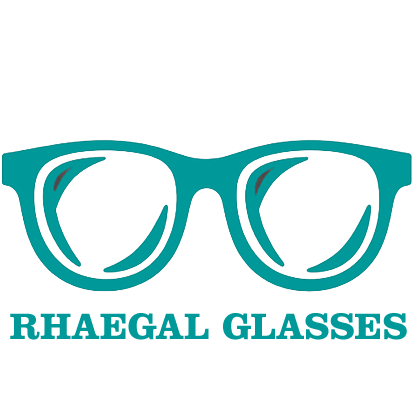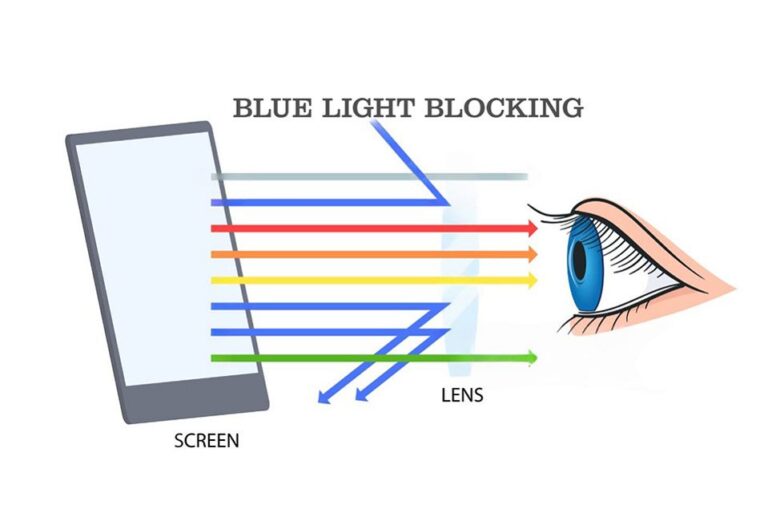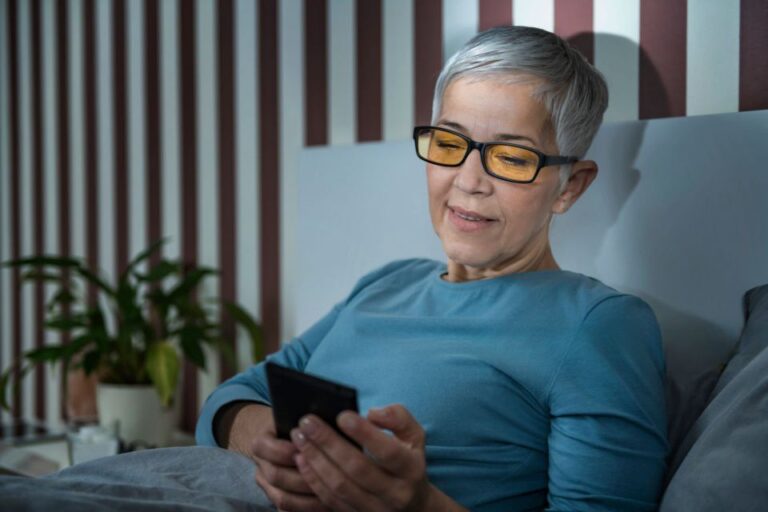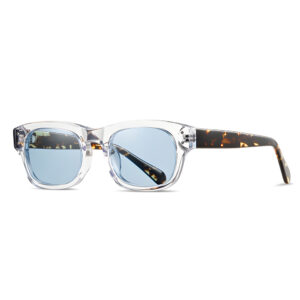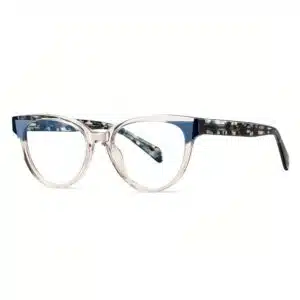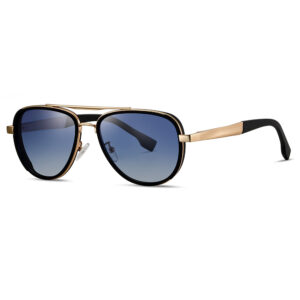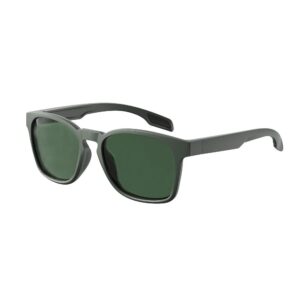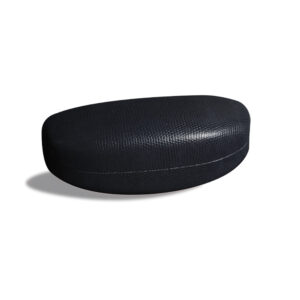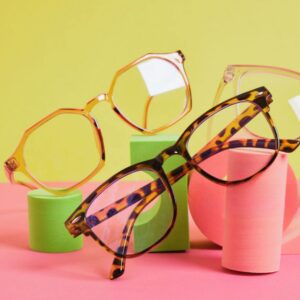
Las grandes cosas en los negocios nunca las hace una sola persona, sino un equipo de personas. Tenemos ese grupo dinámico de personas.
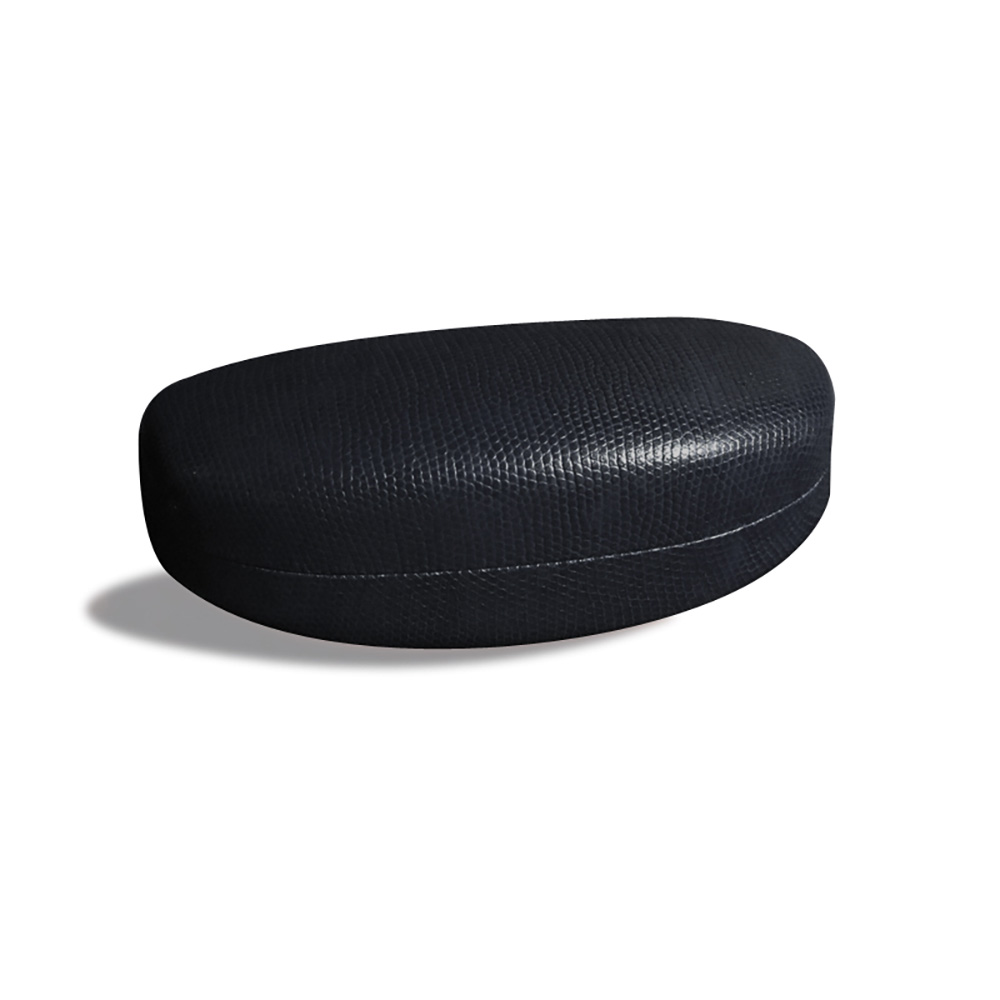
Customized PU Leather Glasses Case Factory
Inicio WhatsApp Correo electrónico Anteojos, anteojos para leer Fábrica de anteojos para leer con luz azul, anteojos para leer con luz azul de China, anteojos para leer de China
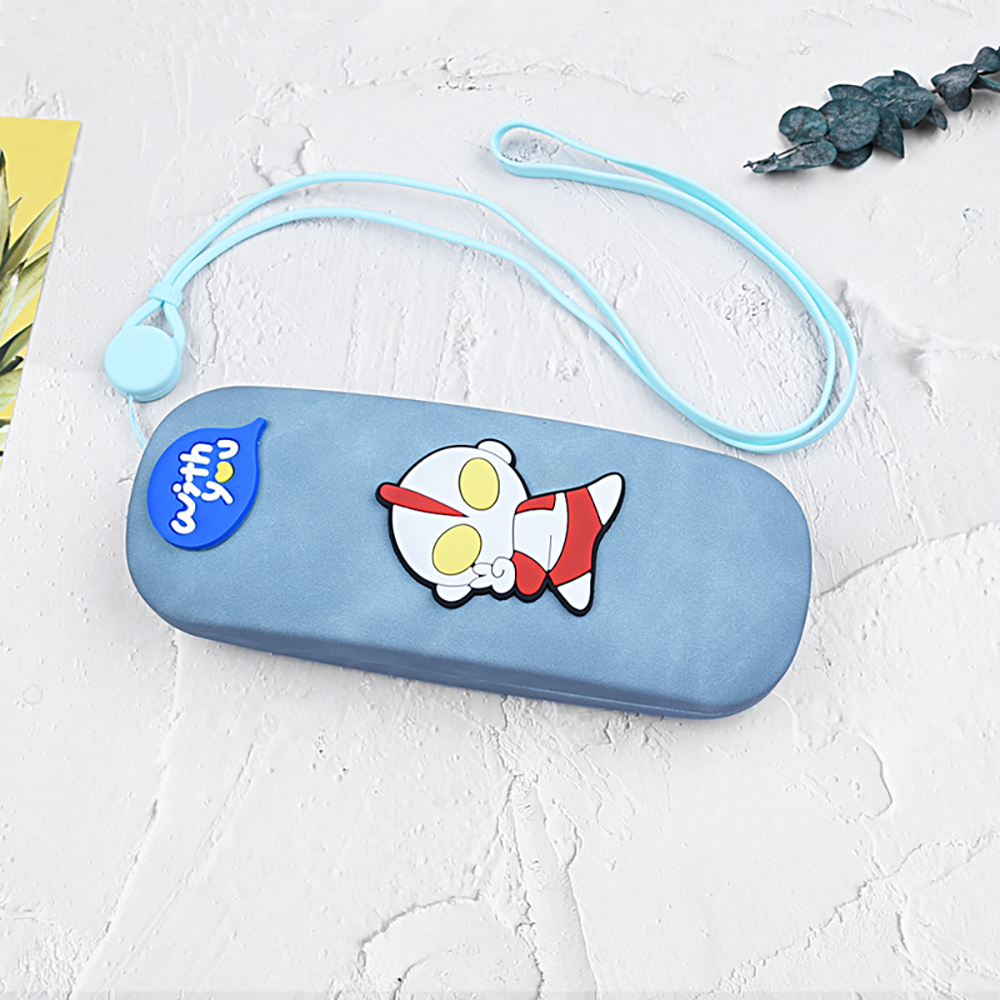
Wholesale Kids Glasses Case with Strap
Home WhatsApp Email Blue Light Glasses, Eyeglasses Customized Unisex Eyeglasses Frames, Unisex Eyeglasses Frames wholesale, Wholesale Eyeglasses Frames The Problem:
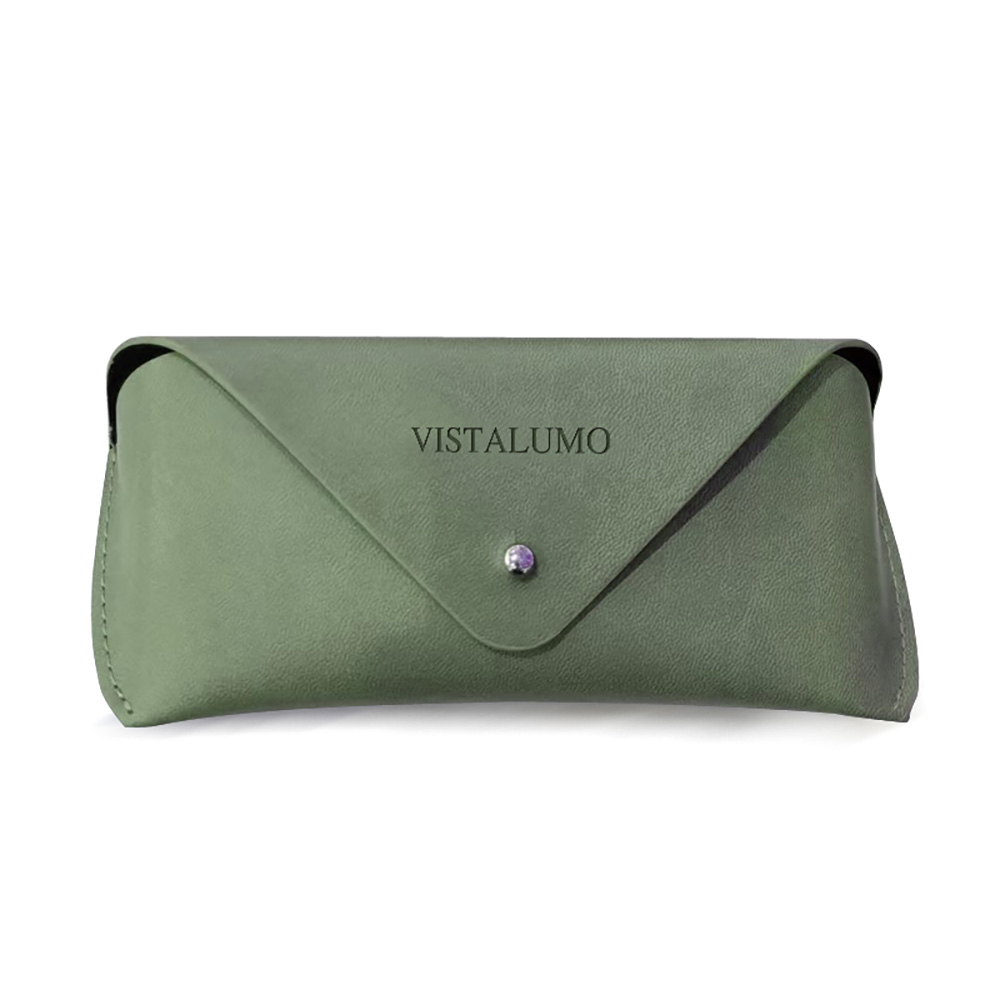
Wholesale Durable Ray Ban Sunglass Case Factory
Inicio WhatsApp Email Gafas de luz azul, Gafas bloqueadoras de luz azul para computadora, Gafas bloqueadoras de luz azul para computadora, Gafas bloqueadoras de luz azul personalizadas
